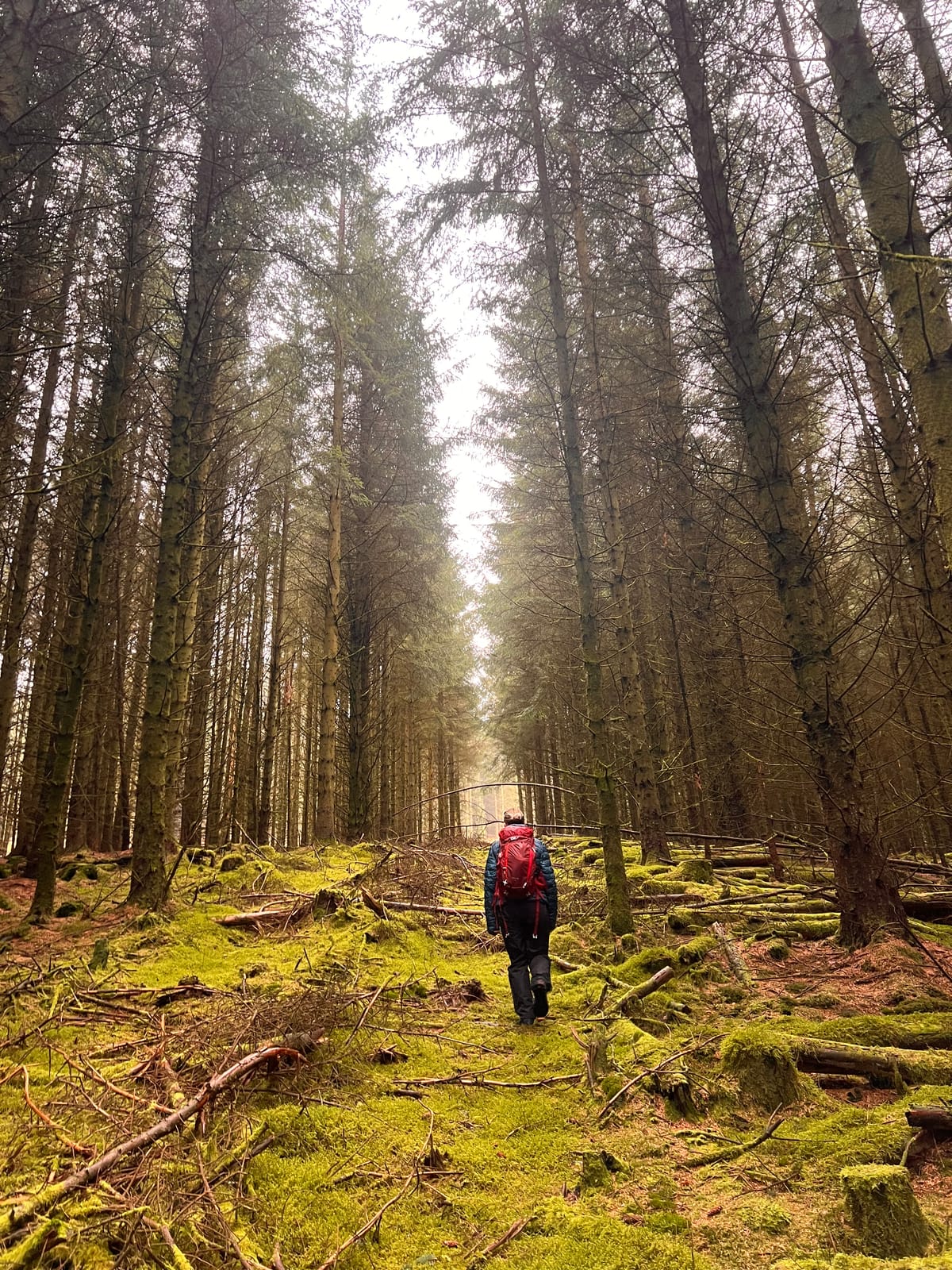Who am I ?

The dreaded question that surfaces at every new encounter almost inevitably: "Tell me about yourself ?" This question has the potential to impact the trajectory of the proceeding conversation and relationship. How can I encapsulate all that I am in one sentence? It feels almost impossible and, quite frankly, useless to try. Can a single sentence truly describe the complexity of a person? The response to this seemingly uncomplicated question often leads to a myriad of mindless, rehearsed one liners derived from vocations, degrees, political viewpoints or even the area that you were brought up in. Some people use these one-liners to impress others ; others stick to more mundane, superficial responses. Do these answers capture the essence of who we truly are? I am not so sure.
All the responses I have come across somewhat feel like a facade.They don't reveal the depth of our experiences, the nuances of our personalities, or the journey that has shaped us. Perhaps they are a way for people to present the parts of themselves they want others to see.
Recently, I had a thought-provoking conversation about identity, specifically exploring the question of what truly defines us as individuals. We discussed a scenario: if I were to lose an arm, would I still be "me"? Without hesitation, I answered yes. But when the question shifted to losing my head, my certainty wavered. This led me to reflect more deeply on the essence of identity and what it is that truly makes us who we are. Objectively, I am a brown girl born and raised in East London, currently pursuing a degree in medicine. I enjoy various activities such as being outdoors, practicing jiu-jitsu, skiing, playing table tennis, and scuba diving. If any of these aspects were taken away, I would still consider myself the same person. So what exactly is me ?
The essence of who we are seems to transcend our physical attributes and individual experiences. If identity were solely defined by these elements, life would be fragile and constantly in flux. It seems that our perception of our identity is rooted in our self awareness. This is because even when the physical parts or activities change, the core of who we are – the awareness observing and reflecting on itself remains consistent regardless of its accuracy.
I have come to understand that our perception of self is largely shaped by the ego (1). It’s the part of us that navigates the world, making choices, feeling emotions, and maintaining our sense of individuality. Psychologically, the ego is often viewed as a mediator between our primal instincts (the id) and our moral framework or societal expectations (the superego). It helps us function by creating a stable sense of "I" or self, allowing us to engage with the world in a coherent way.
The interplay between the ego, personal experiences, and social influences highlights the complexity of identity. Our self-perception and the way we present ourselves are intricately shaped by both internal drives and external pressures. This raises a deeper question: do we truly possess a self, or is it merely a mental construct we create? (2).
From a spiritual perspective, "Who am I?" to me is a profound inquiry into the nature of existence and consciousness. Spiritually, you are not just the body, mind, or the roles you play in life; I like the notion that you are manifestation of a universal consciousness, a soul experiencing life in a unique form. This view suggests that at your core, you are a divine or eternal being, connected to everything around you, part of a greater whole. Your true self transcends the temporary aspects of existence—like your thoughts, emotions, and physical form—pointing to an essence that is timeless, boundless, and interconnected with the entire cosmos. You are the universe experiencing itself (a collection of atoms that are conscious and observing more atoms), an expression of a universal spirit or energy.
When these narratives come together, "Who am I?" becomes a question of integrating both the spiritual and psychological aspects of self. Psychologically, you are an evolving individual shaped by your experiences, while spiritually, you are an expression of a greater, universal consciousness. I gather that understanding yourself fully involves recognising both your unique personal identity and your connection to something far beyond the individual self.
"Who am I?" encourages deep reflection and exploration of one's identity, experiences, values, beliefs, and more. It doesn't have a definitive, one-size-fits-all answer and can be interpreted in numerous ways depending on the individual's perspective, making it a rich topic for introspection and discussion. I haven't fully come to a conclusion, but perhaps that is exactly the point—embracing the uncertainty and ongoing journey of self-discovery might be the most authentic answer of all.
(1): Freud, Sigmund. The Standard Edition of the Complete Psychological Works of Sigmund Freud. Vol. XIX (1999) James Strachey, Gen. Ed. ISBN 0-09-929622-5
(2):1.- YouTube [Internet]. Youtu.be. 2024 [cited 2024 Sep 15]. Available from: https://youtu.be/nXs4UABX4Kc?si=N0_hmsLM0_b_C9iQ